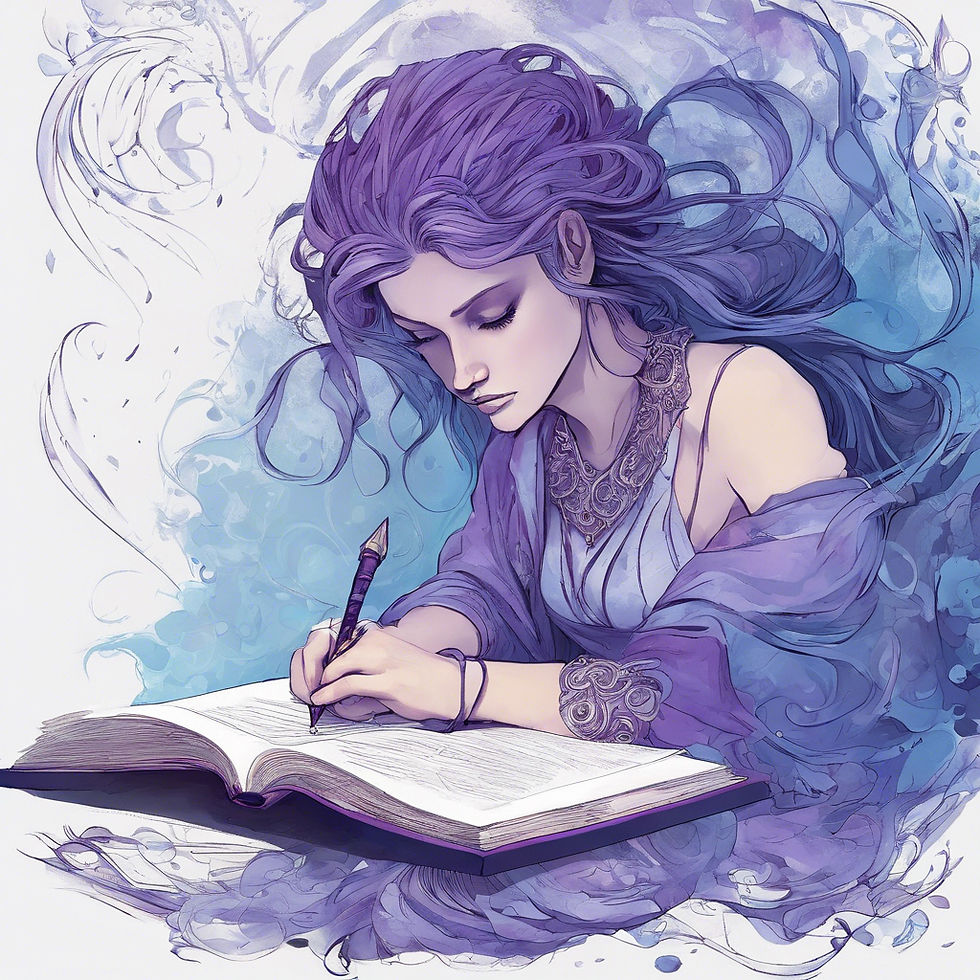Why did I call the book "Dancing With the Darkness"?
- Michelle Allan-Ramsay
- May 25, 2023
- 3 min read

My journey through postnatal depression has seen me learn many things, and the theme of dance has been a strong part of this. For me, dancing has always been a huge part of who I am. I have always danced as a way to process my life, my emotions, my thoughts. But, when I was at the deepest part of my postnatal depression journey, I found I couldn’t dance. I couldn’t even sway with the music! It was as if my soul had been removed and I sobbed for this loss. I had to force myself to move in any way I could – tapping my fingers, tapping my foot, nodding my head…. anything to start movement in my body. Every movement brought emotional angst because I dance from my heart but this was now locked away in the darkness. It was a really slow and painful path back to dancing, but I knew it was part of my recovery.
I’ve become very conscious of how I use language in relation to illness and recovery. During my journey out of postnatal depression, I came across teachers who talked about how we label experiences and how that labelling can become part of our identification process. For example, an experience of postnatal depression, became ‘my depression’. But once I start calling it ‘my depression’ isn’t it possible that it then becomes part of how I identify myself, and therefore much harder to let go of? I remember sitting in a café and overhearing a gentleman talking about ‘my cancer’ and realising how much we do this. Although he sounded very positive, I was intensely struck by how many times he fondly called it ‘my cancer’ as if it were part of his family. It left me wondering if it becomes harder to overcome an illness that has become part of your identity.
Equally interesting for me, was the use of violent language that I was now becoming aware of. How often do you hear phrases such as ‘my fight with cancer’, ‘the war on drugs’, or ‘my battle with depression’? Surely, if we are ‘fighting’ something, we are using force, anger and resistance to try to defeat it? If we focus only on defeating an illness, we may forget to allow healing in.
Becoming aware of my use of language left me in a quandary. If I don’t want to personify the depression, but I also don’t want to be battling it, how do I talk about it in a way that allows healing? IT exists, and I needed to find a way to relate to it.
The to and fro, back and forth, circling around the language began to feel like a dance. I was dancing between owning depression and fighting it – keeping it close or resisting it fiercely. Sometimes depression and I are partners waltzing together, moving, never keeping still and stuck. At other times, I dance alone in the light, knowing that depression may move out of the shadows and towards me, but never owning me. I know the dance will continue and, at times, we may be close together, at other times far apart, but I also know that the dance is always happening…the darkness isn’t permanent.
Dance creates a point of light for me and revives hope. To think of my experience as dancing through the darkness, helps me to remember the darkness isn’t me.
What helps you remember that you are not the darkness?





Comments